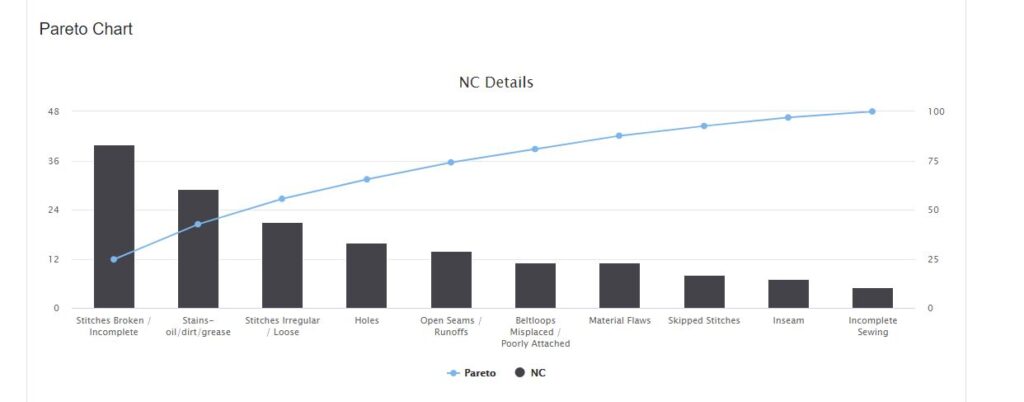Supplier Performance Metrics
Supplier Performance Metrics
Supplier performance metrics are critical for evaluating supplier contributions to your organization’s success. These metrics help ensure the supply chain operates efficiently, maintains quality, and minimizes risks. Here’s a breakdown of essential metrics:

1. On-Time Delivery Rate
- What It Measures: The percentage of orders delivered on or before the scheduled date.
- Why It Matters: Delays can disrupt production schedules or inventory levels.
- Formula: On-Time Delivery Rate (%)=(On-Time Deliveries/Total Deliveries)×100
2. Quality of Delivered Products
- What It Measures: The percentage of products that meet predefined quality standards.
- Why It Matters: Defective products increase costs and impact customer satisfaction.
- Formula: Quality Rate (%)=(Accepted Units/Total Delivered Units)×100
3. Order Accuracy
- What It Measures: Accuracy in fulfilling orders, including correct quantities and items.
- Why It Matters: Reduces time and costs related to corrections and returns.
- Formula: Order Accuracy (%)=(Correct Orders/Total Orders)×100
4. Cost Competitiveness
- What It Measures: Comparison of supplier pricing against market averages or competitors.
- Why It Matters: Ensures cost-effectiveness without compromising quality.
- Key Factors: Include freight costs, bulk discounts, and value-added services.
5. Lead Time
- What It Measures: Time taken from order placement to delivery.
- Why It Matters: Shorter, consistent lead times enable better inventory and production planning.
- Formula: Lead Time (Days)=Total Delivery Time/Number of Deliveries
6. Responsiveness
- What It Measures: Speed and effectiveness of supplier communication and issue resolution.
- Why It Matters: A responsive supplier minimizes disruptions and strengthens partnerships.
- Metrics to Track:
- Average response time.
- Issue resolution time.
7. Defect Rate
- What It Measures: The proportion of defective goods delivered.
- Why It Matters: High defect rates increase costs and impact reputation.
- Formula: Defect Rate (%)=(Defective Units/Total Delivered Units)×100
8. Compliance Rate
- What It Measures: Adherence to contract terms, industry regulations, and delivery conditions.
- Why It Matters: Ensures reliability and mitigates risk.
- Formula:
- Compliance Rate (%)=(Compliant Orders/Total Orders)×100
9. Sustainability and Ethical Practices
- What It Measures: Supplier alignment with environmental and social responsibility goals.
- Why It Matters: Supports corporate social responsibility (CSR) initiatives and long-term brand equity.
- Examples:
- Carbon footprint.
- Use of sustainable materials.
- Ethical labor practices.
10. Overall Supplier Scorecard
- What It Measures: A composite score combining various metrics (e.g., delivery, quality, cost).
- Why It Matters: Provides a holistic view of supplier performance.
- Implementation:
- Assign weights to each metric based on business priorities.
- Regularly review and update scoring criteria.
Implementation Tips:
- Set Clear Expectations: Define performance criteria and thresholds in contracts.
- Automate Monitoring: Use software tools for real-time tracking and reporting.
- Collaborate with Suppliers: Share performance results and work on improvement plans.
- Reward Excellence: Recognize and incentivize high-performing suppliers to foster loyalty.